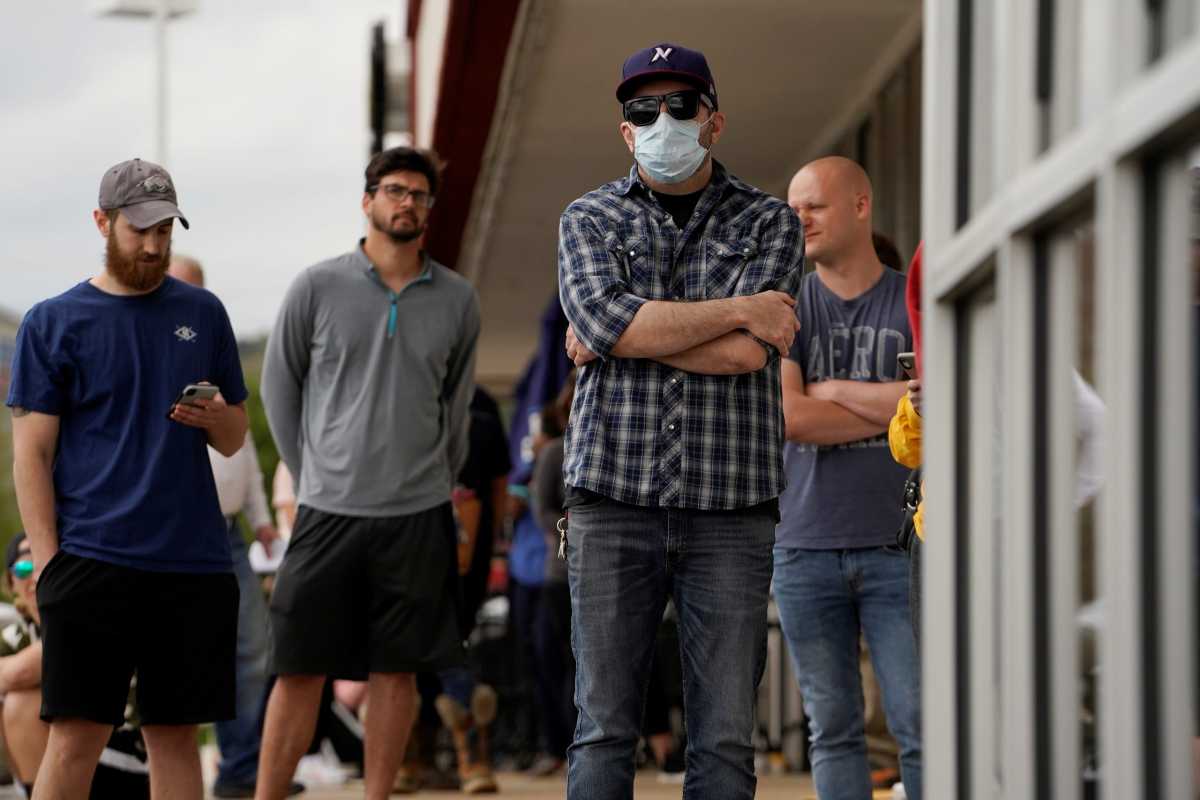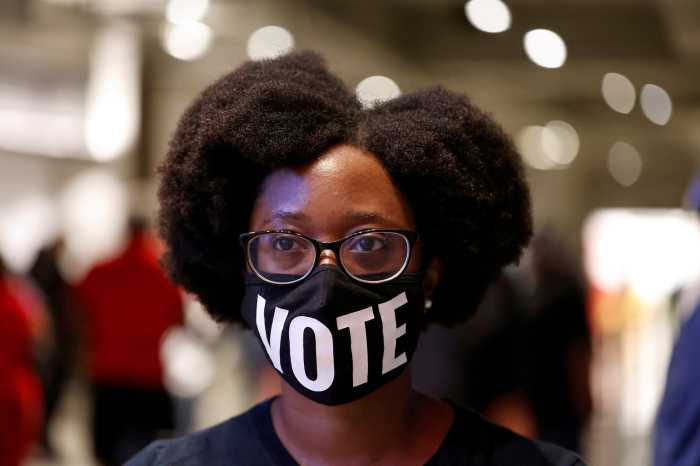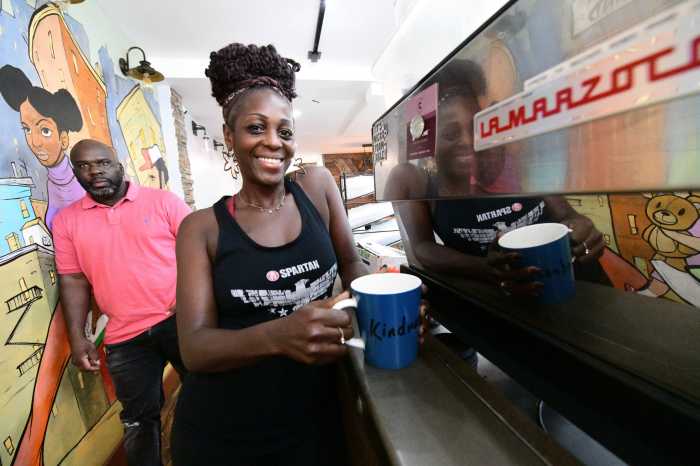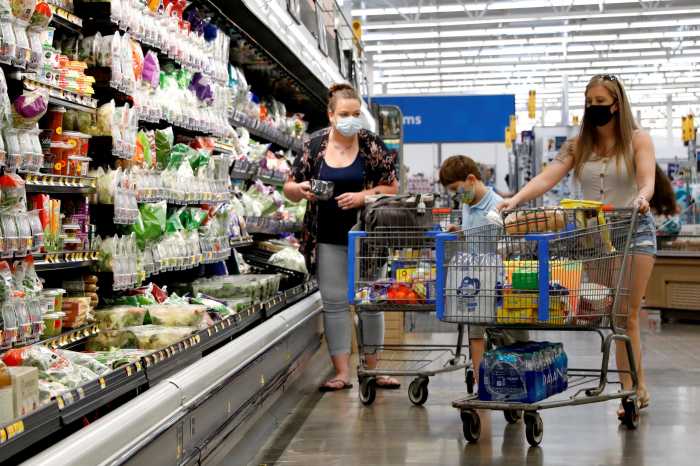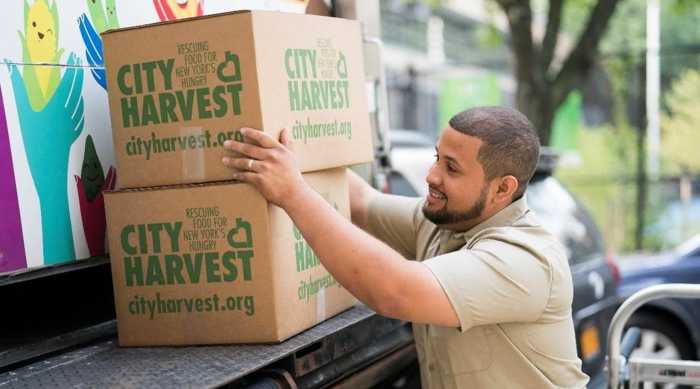The COVID-19 crisis has caused the greatest economic crisis since the Great Depression. Working New Yorkers have felt the pain day after day and are wondering how to plan a career and future for their families during these uncertain times.
The answer must come from what has always worked in times of economic crisis: a mutual commitment from government, labor leaders and industry to bring opportunity to working people. Generations of New Yorkers have risen up from poverty to the middle class by working for the City and for the City’s vendors. This is especially true with respect to construction industry, where City contracts have historically created new opportunities for work, and in doing so, built the nation’s greatest city from the ground up.
As New York City recovers from this crisis, we’re ready to do that again. The City is now proposing to incorporate into nearly every contract –from paper and pencils to software and medical gear to buildings and ferries– goals for vendors to hire low-income people, or people from low-income neighborhoods and public housing facilities.
This is not an ideological pipedream. Indeed, this proposal builds upon the historic Project Labor Agreement, which was negotiated between the Building Trades Council and the City of New York and already establishes some elements of this proposal in the construction industry.
We now propose expanding this model to a far broader range of contracts beyond the work we have done in the construction industry.
This proposal will transform our City. Estimates show 40,000 jobs would be reserved each year for low-income people and residents of low-income neighborhoods and public housing facilities. Taxpayer dollars will be used to help families and neighborhoods emerge from the pandemic stronger than ever.
The best anti-poverty program is a good job, and this proposal, which requires approval by the State Legislature, will convert the billions of dollars that the City spends each year into a job creation machine for poor people and people from disadvantaged areas. The COVID crisis challenged us in every way imaginable. But we will come back stronger, if we focus on making our economy fairer and more inclusive for working people.
J. Phillip Thompson is the Deputy Mayor for Strategic Policy Initiatives and Gary LaBarbera is the President of the Building and Construction Trades Council of Greater New York



